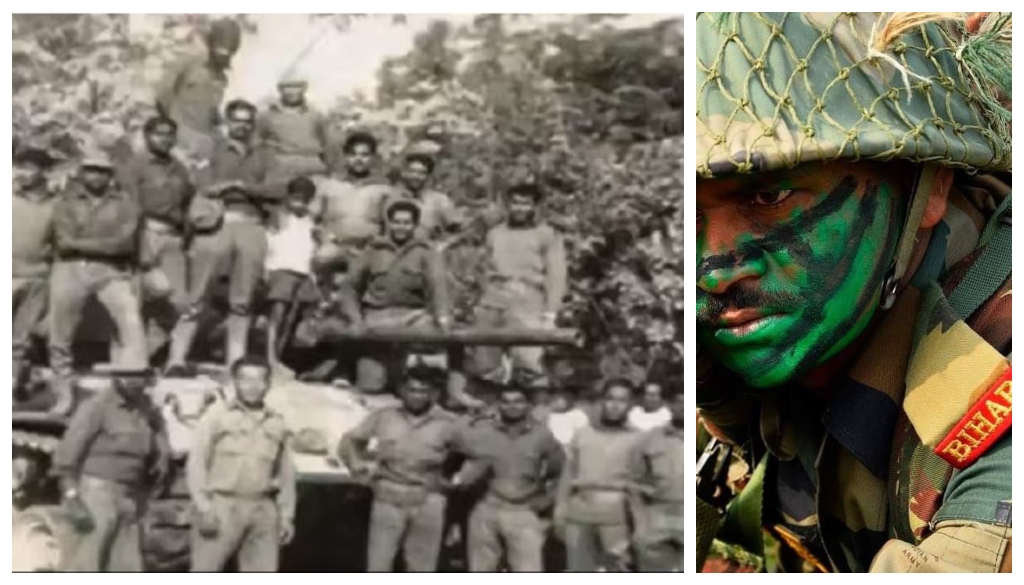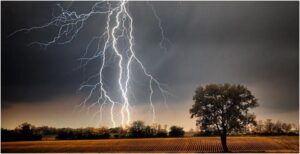
Patna: From the trenches of the 1971 war to the icy heights of Kargil and the volatile Galwan Valley, the Bihar Regiment has stood as a symbol of unflinching courage, discipline, and sacrifice. Its legacy—marked by battlefield victories and stoic resilience—continues to define India’s military ethos.
Formed on November 1, 1945, by Lt. Colonel R.C. Mueller in Agra, the Bihar Regiment was one of the last units raised before India’s independence. In just over two decades, its 10th Battalion would earn its place in history. During the Indo-Pak war of 1971, this battalion, then the youngest in the army, carried out a bold assault across the border. Its soldiers stormed into Akhaura—then in East Pakistan—and captured the strategic town, marking the Indian Army’s first major victory in the war.
This breakthrough set the tone for one of the most decisive moments in South Asian history: the surrender of nearly 93,000 Pakistani troops and the creation of Bangladesh. The sight of Pakistani soldiers surrendering to the battle-hardened men of the Bihar Regiment remains etched in military memory.
The regiment’s motto, Karma hi Dharma hai—Duty is our religion—has shaped its response in every conflict since. During the 1999 Kargil War, soldiers of the Bihar Regiment fought under Operation Vijay, capturing key heights such as Jubar and Tharu despite harsh terrain and enemy fire. Major M. Saravanan was the first officer of the regiment to fall in the war, leading from the front before being killed in action. A total of 19 soldiers from the regiment were martyred in that conflict, many of whom are remembered at Patna’s Kargil Chowk.
More recently, the regiment’s bravery was on full display in June 2020 in the Galwan Valley. As Indian and Chinese troops clashed violently in the high-altitude terrain of eastern Ladakh, the soldiers of 16 Bihar stood their ground. Among the 20 Indian soldiers killed in the confrontation was Colonel B. Santosh Babu, commanding officer of the battalion. Though outnumbered and fighting under brutal conditions, the soldiers did not retreat—reinforcing the regiment’s legendary resolve.
Across generations, the regiment has amassed numerous gallantry awards, including the Ashok Chakra and Mahavir Chakra. But more than decorations, it is the enduring courage and commitment of its soldiers that has earned the Bihar Regiment a special place in the story of modern India.






